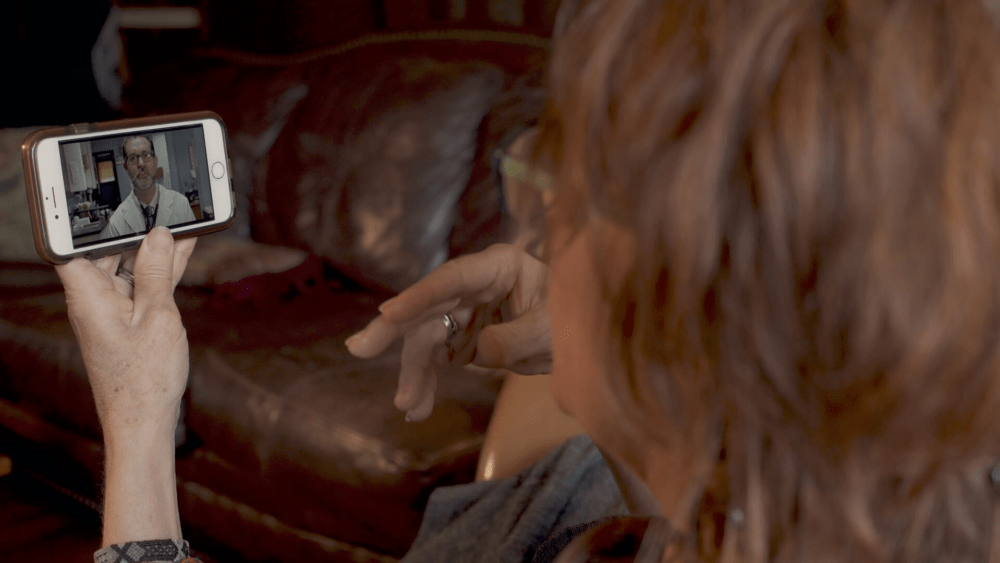RUTLAND, Vt. (WCAX) – More than 36 percent of Vermont adults reported symptoms of anxiety or depression in February 2021, according to a snapshot from the National Alliance of Mental Health. But with a shortage of practitioners, one new telehealth company is hoping to fill those gaps.
“People having to wait three, six, sometimes even eight months just to have an initial appointment. And, you know, a crisis waits for no one,” said Tiney Ray the founder of Telemedicine Essentials of America.
Ray worked as a nurse practitioner for years in Vermont and is now fronting an effort to improve mental health care accessibility across the state through telehealth. “If we have resources out here in the community to check in on people who are struggling and give them that support frequently, our goal is to minimize their utilization in emergency rooms,” Ray said.
Part of the issue for health care across a rural state like Vermont is that people can’t drive long hours just for one checkup or visit. “Telehealth allows our community members to receive care from the comfort of their homes, eliminating travel time and the need for transportation, thus making appointments more accessible,” said Vermont Department of Mental Health Deputy Commissioner Samantha Sweet.
“Something that we hear every day is how difficult it is for our patients to access treatment,” said Jarred Zucker with the Brattleboro Retreat.
“Prior to telehealth, they were driving, to UVM, Dartmouth, and sometimes to Boston — commonly to Boston — to see a particular specialist to get care for a particular condition,” said Rick Hildebrant, with the Rutland Regional Medical Center.
Ray says while telehealth is not a replacement for in-person treatment, it can fill the gaps. “We are not here to take anyone’s business, we are here to support. Wherever the gaps are, we are here to pick it up. We’re really big on collaboration. So, it’s not, ‘Okay, this is my patient.’ No, if you are referring, we’re gonna collaborate to make sure that the patient gets everything that they need,” Ray said.
Ray says they also hope to bring in a mobile van to send nurses to appointments, helping to treat members of the community and meet them where they’re at.

